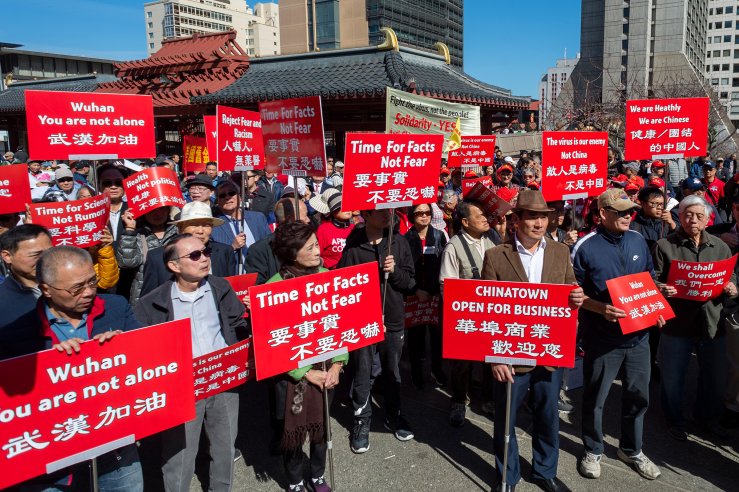Chinese Orders Its Students To Stay Away From Australia : Will Cause Economic pain

Australia’s economy, facing its first recession in 30 years because of the coronavirus, would suffer further if Chinese students heeded a warning from their government to stay away because of racist incidents, Australia’s trade minister said recently.
International education is Australia’s fourth-largest foreign exchange earner, worth 38 billion Australian dollars ($26bn) annually, and more critical to the economy than beef or barley, products hit with Chinese import bans and tariffs last month.
China is Australia’s biggest trading partner and sends the highest number of international students, accounting for 37.3 percent of 442,209 overseas students in Australian higher education in 2019, according to Department of Education data.
On Tuesday, China’s Ministry of Education warned students to reconsider returning to Australia, saying there had been a spate of racist incidents targeting Asians during the coronavirus pandemic. It followed a warning last week for Chinese tourists to avoid Australia.
“We would feel the effect – our universities would, if we saw a downturn in international student numbers,” trade minister Simon Birmingham told media.
Birmingham said it would also be a loss for Chinese students and in the long term “would do nothing to help further the mutual understanding between our two nations”.
On Tuesday, Birmingham said Australia had “zero tolerance” towards racism and had established processes to stamp it out.
The Sydney Morning Herald newspaper reported on Sunday that a survey conducted by the Per Capita think-tank had documented 386 racist incidents – ranging from abuse to physical intimidation and spitting – since April 2.
Australia’s relations with China have deteriorated in recent years amid accusations that China is meddling in Australia’s affairs and seeking undue influence in the Pacific region.
Ties have been under more strain since Australia called for an international inquiry into the origins of the novel coronavirus.
After the inquiry call, Cheng Jingye, China’s ambassador to Australia, said Chinese consumers could boycott Australian beef, wine, tourism and universities.
China has said the trade actions since then are unrelated to the push for an inquiry.
Vicki Thomson, chief executive of the Group of Eight, representing Australia’s top universities, told Reuters news agency universities were being dragged into the diplomatic dispute.
“International education is being used as a political pawn,” she said.
Thomson said the Chinese embassy had told her on Tuesday it had not received any reports of students being attacked during the pandemic. She said the embassy had reassured that student travel would not be targeted and she was “concerned and disappointed” about the warning.
About 20,000 Chinese students enrolled at Group of Eight universities are offshore because of coronavirus travel restrictions and studying online, Thomson said.
“We have a strong record of safety across Australia,” she said.
Australia had ranked second only to New Zealand as an attractive place to study because of its handling of the coronavirus, a survey of 400 education agents by Navitas found, she said.
However, there has been domestic criticism that the university sector is too reliant on student fees from one country.
The Audit Office of the New South Wales government found course fees from overseas students, worth 3.6 billion Australian dollars ($2.5bn), made up a third of university revenue in the state in 2019.
At the University of New South Wales, University of Sydney, and University of Wollongong, income from overseas students, predominantly Chinese, exceeded that from domestic students.
Moody’s Investors Service vice president John Manning said the travel restrictions to stop the coronavirus would limit the impact of China’s warning on universities’ revenue this year.
“In the longer term, with a number of universities ranked amongst the best in the world, we expect Australia’s institutions will remain attractive for international students,” he said.
Australia should not worry about such Chinese tactics, as now they have signed a Cooperation pact with India. Enough Indian students will be coming to Australia to compensate for the Chinese blackmail. Australia must Endeavour to increase its trade with India and other BIMSTEC Countries too.



